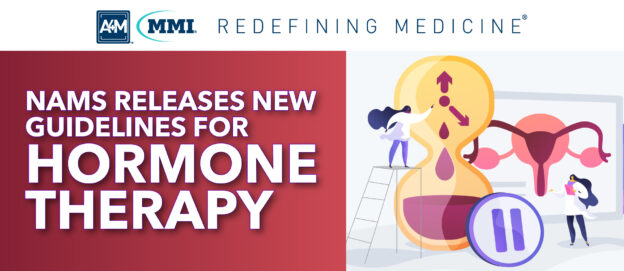In just a few days, expert educators, industry insiders, and influential health professionals will gather for A4M’s multi-program event, The October Symposium, in Charleston, SC. Hosted at the historic downtown Charleston Place hotel, this event will include the IV/Chelation Therapy Workshop, Pellet Therapy Workshop, and Module VIII: Longevity Medicine and Bio-Hacking.
The agenda presents three full days of the latest research and cutting-edge science delivered by best-in-class speakers, ranging in subject matter from hormone pellet therapy with hands-on training exercises to evidence-based bio-hacking strategies for lifespan optimization. Each educational program is designed to equip dedicated health professionals with medical protocols, practical skills, and the tools to integrate them into their practice.



